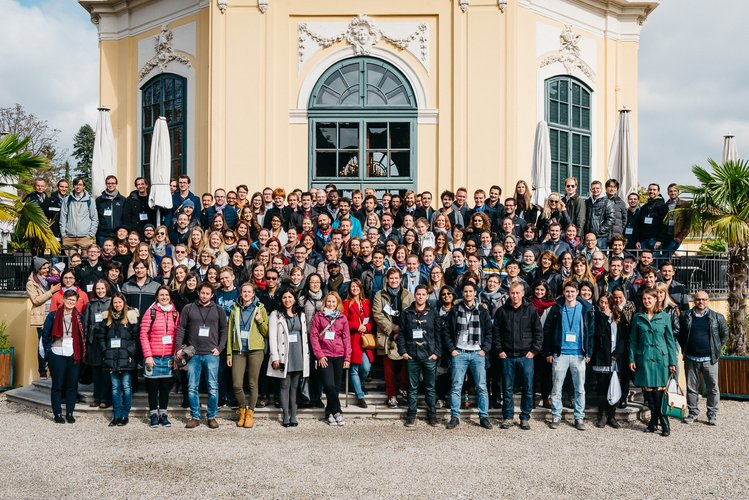CeMM statement on the importance of freedom of movement for the scientific discovery process
Share
(Modern) civil societies rely on the sharing of goods and information that allow the best use of resources and labor for the common good and well-being of the people. At the heart of all innovation in human civilization is the scientific research process.
No Ideas – No Scientific Progress: Progress in all scientific disciplines, whether in the natural sciences, or humanities, mathematics, engineering or medicine, dramatically relies on the free circulation of ideas within a large and dynamic community of individuals and between the individuals and the cultural environment. Circulation and exchange of ideas, in turn, rely on the free exchange of people across nations. People move to visit schools and universities, to refine training in laboratories and institutions, to attend conferences, workshops, short visits, or sabbatical leaves. Avicenna (Ibn-Sīnā), Leonardo, Erasmus, Darwin, Marie Skłodowska Curie, Einstein are just famous examples of scientist that travelled intensively and made some of their most important contributions away from the environment they were born in.
For all scholars and students, the ability to travel freely should be a fundamental right. CeMM, the Research Center for Molecular Medicine of the Austrian Academy of Sciences, issues a plea to all politicians and policy makers in the world to do everything in their power to promote the freedom to travel and to enter countries. We express solidarity with all colleagues worldwide who currently suffer from travel restrictions and tell them that we are committed to engage society until these fundamental rights are (re-)installed. For the sake of knowledge, diversity, science and humankind.
CeMM is a supporter of the following EMBO initiative, offering temporary bench or desk space for US-based scientists who are stranded abroad:

